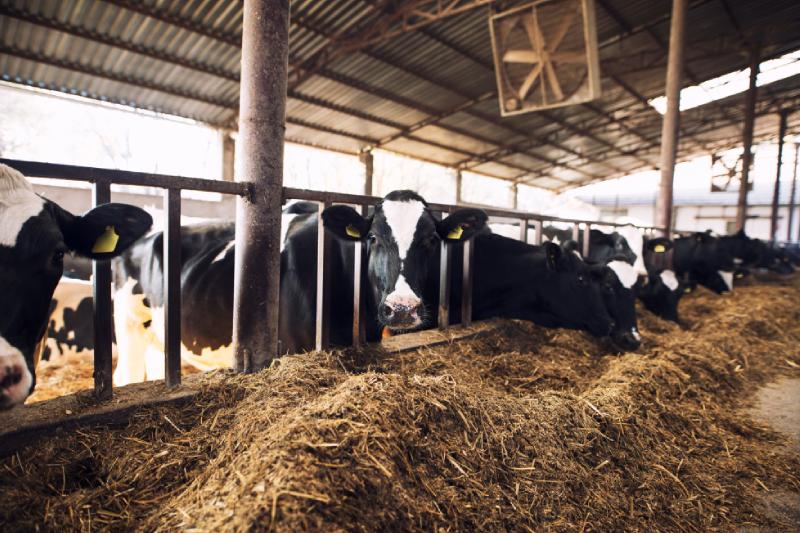Rising emissions from livestock undermine the global fight against climate change
A report by investor network FAIRR [1] shows how urgent it is for meat and dairy producers to clean up their practices and help prevent global warming.
According to the report, the published emissions of the 20 largest listed meat and dairy companies in the world increased by 3.3% compared to 2022. The analysis includes companies such as Hormel Foods Corp. and China’s New Hope Liuhe Co. as well as well-known companies such as Walmart Inc. and McDonald’s Corp.
“The sector is simply not on the right track,” said Thalia Vounaki, Senior Manager for Research and Engagement at FAIRR.
The climate footprint of the food industry is immense: it is responsible for around a third of global greenhouse gases. Livestock farming, which releases large amounts of methane, is responsible for 14.5% of global emissions.
This underlines the need to focus on food and agriculture as heads of state and government prepare for the upcoming COP28 summit in Dubai later this month, FAIRR said in its report. The investor group raises awareness of the environmental, social and governance risks and opportunities in the global food sector and is backed by more than 70 trillion dollars in assets.
The United Arab Emirates has called for commitments to transform the food industry, while the Food and Agriculture Organization of the United Nations will present a net-zero roadmap for the sector.
The FAIRR report emphasizes that some companies have succeeded in reducing their emissions, such as Tyson Foods Inc. and Danone SA
But overall, there are different levels of climate commitments and disclosure, according to the study. Almost two thirds of the companies surveyed did not disclose what are known as Scope 3 emissions, which are generated indirectly along a company’s value chain. Only four of the 20 largest companies in the sector have net zero targets.
The report highlights that the livestock industry has seen improvements in areas such as alternative proteins, waste and pollution, and water use. While this shows that bad practices are not an inevitable part of the food supply ecosystem,” the investor group is pushing for further progress on environmental issues.
“We have known for a long time that humanity cannot get to grips with climate change without changing the way we feed the world,” says Jeremy Coller, private investor and founder of FAIRR.

